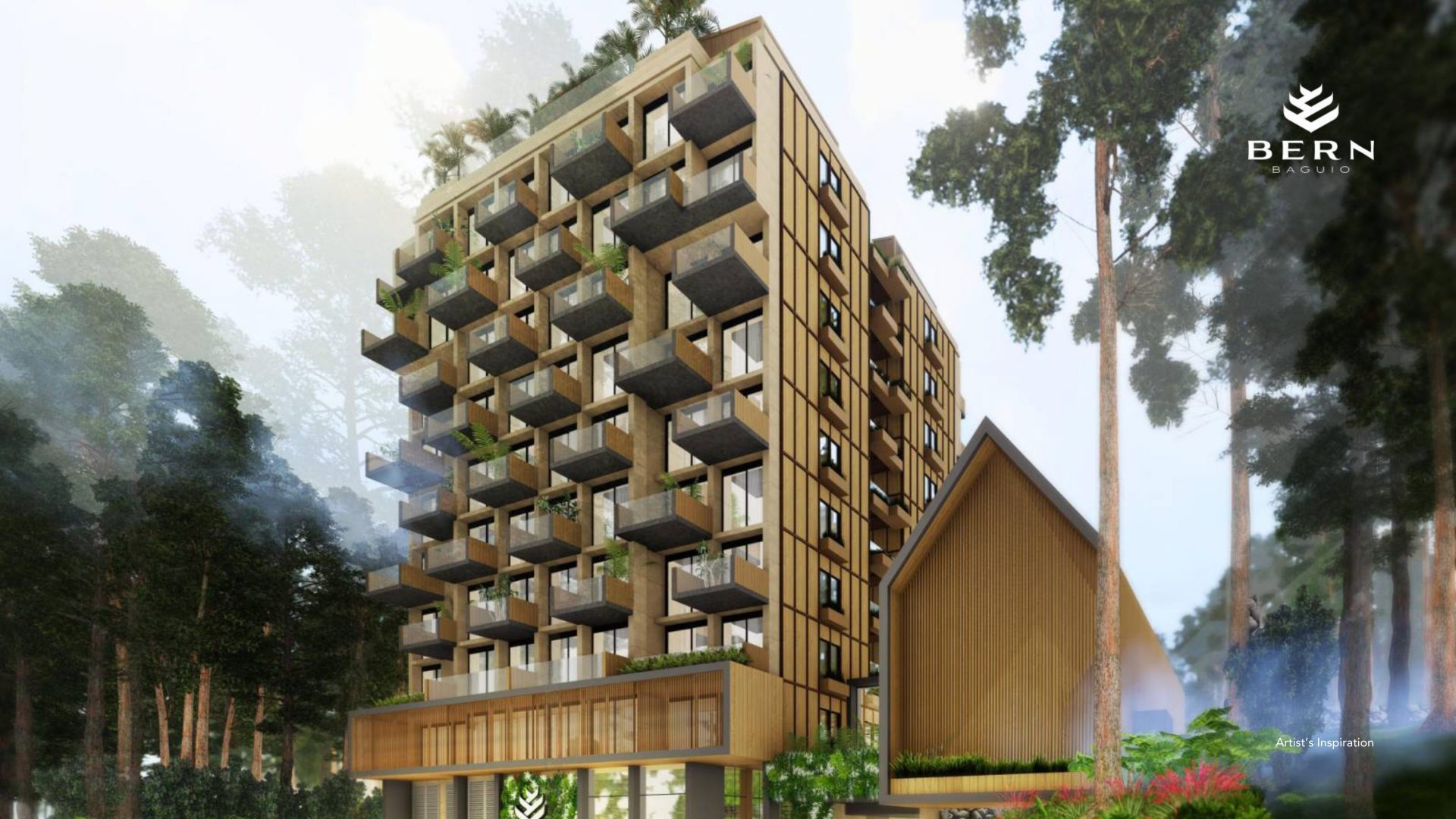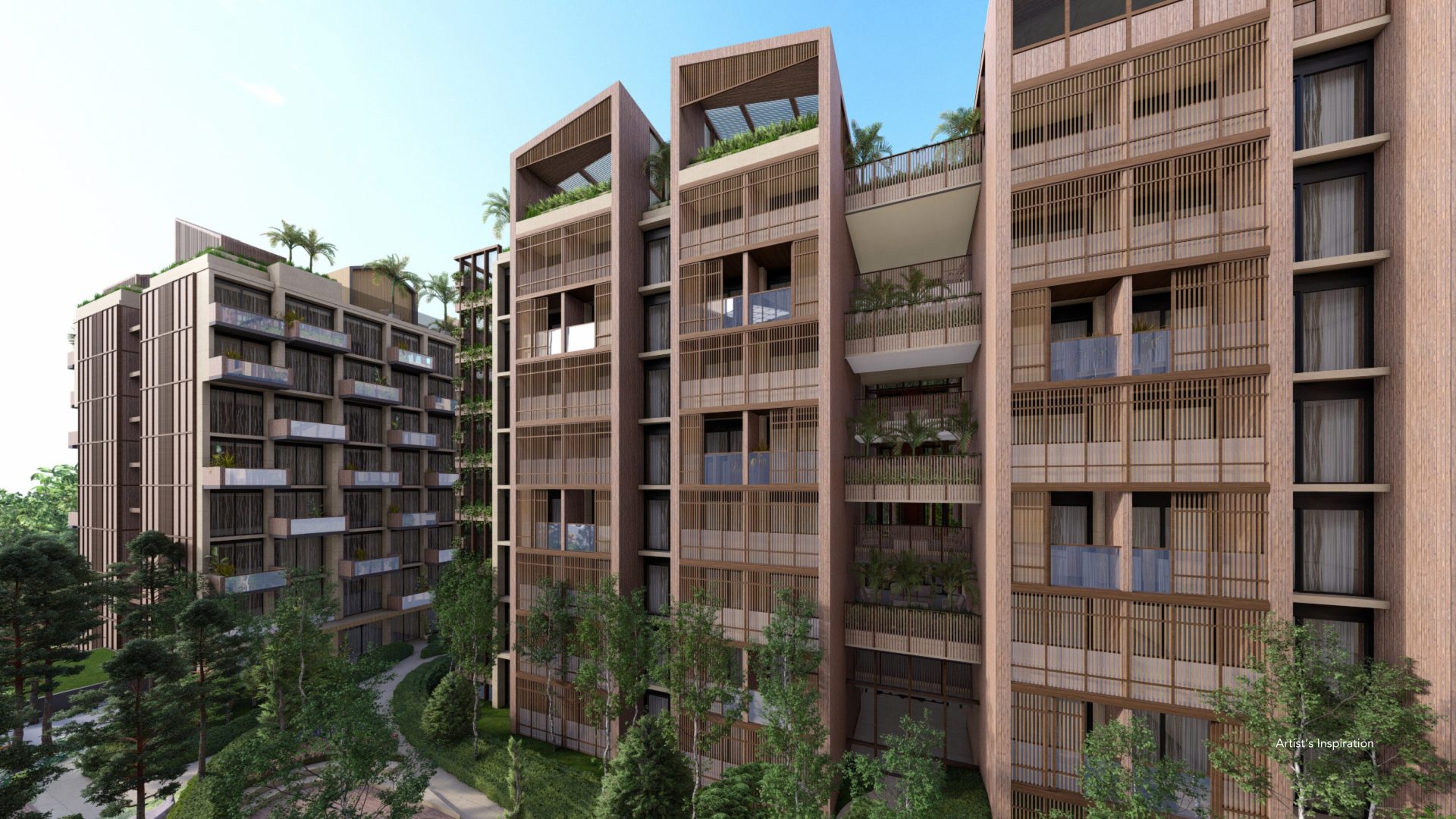BLOGS
Guide to Proper Disposal Of Compostable Products
Composting is an important part of any sustainable lifestyle. It’s a great way to reduce waste, protect our environment, and keep our landfills from overcrowding. But it’s not as easy as just throwing your compostable items in the bin. To ensure that these products are disposed of properly and don’t end up in a landfill or polluting the environment, it’s important to know how to correctly dispose of different types of compostable products for compostable packaging.
This guide will provide you with all the information you need to make informed decisions to dispose of compostable packaging responsibly and efficiently in your home in Brittany Santa Rosa. We’ll cover everything from why composting is important to what kinds of products are compostable and how to best dispose of them.
What Can Be Composted?
The first step of compostable packaging is to understand what types of items can be composted. Generally speaking, anything that was once alive and has since decomposed into small pieces can be composted. This includes food scraps, paper products, yard waste, and paper towels. It’s important to remember that only organic materials should be added to the compost pile; man-made materials such as plastic or Styrofoam cannot be composted.
It is important to consider the types of food scraps and organic materials you are composting in your home in Brittany Santa Rosa. For example, meat, dairy products, and fats should be avoided as they can attract animals or cause unpleasant odors. Additionally, avoid composting oils and processed foods which contain preservatives or chemicals that could harm soil organisms.
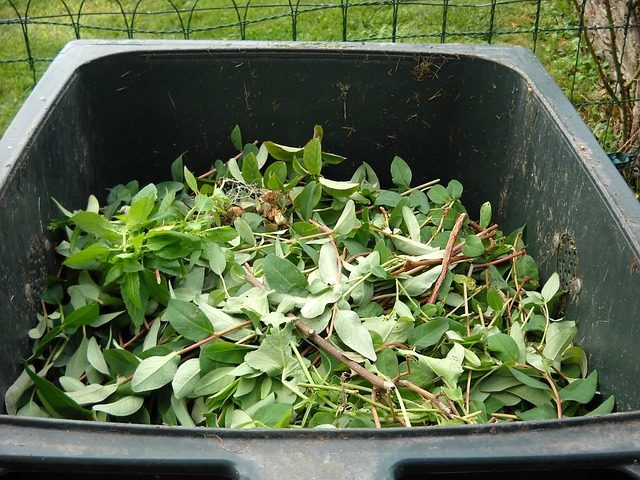
How To Dispose Of Compostable Products?
Once you’ve determined what type of material is suitable for composting, the next step is figuring out how to dispose of it properly. There are several different methods for disposing of these materials, depending on where you live and what type of composting service is available in your area.
Setting Up a Compost Bin in Your Backyard
If you have the space and resources for it in your in your home in Brittany Santa Rosa, setting up a compost bin in your backyard is the most efficient way to dispose of your organic waste. You’ll need to find an appropriate spot in your yard that receives enough sunlight and has good drainage. Once you’ve found a spot, you can purchase or build a bin that fits your needs. Make sure to use bins made specifically for composting, as they are designed to break down material efficiently and keep rodents out. To help with the decomposition process, be sure to aerate the contents regularly by turning and stirring them with a shovel or pitchfork.
Using an Indoor Compost Bin
If you don’t have the space or resources for backyard composting in your home in Brittany Sta Rosa Laguna, an indoor bin is a viable option. These bins are generally smaller and require less maintenance than outdoor ones, although they are not as effective at decomposing material quickly. They typically come with carbon filters to help reduce odors and adjustable air vents that allow oxygen to enter the bin. You will also need to purchase compostable bags designed specifically for your bin, as regular plastic garbage bags won’t work. To ensure your indoor compost bin works efficiently, be sure to empty it regularly and avoid adding too much material at once.
Taking Advantage of Curbside Pickup Services
Some cities offer curbside pickup services for compostable materials, making it easier to dispose of organic waste. Simply place all of your compostable materials in a designated container and put it out for collection on the designated day. The city’s composting service will pick up your materials and take them to a local facility for proper disposal.
Dropping Off Compostable Materials at Local Facilities
If there isn’t a curbside pickup service available in your home in Brittany Sta Rosa Laguna, you can also drop off compostable materials at certain locations in your city or county. These facilities will accept organic wastes such as food scraps, yard trimmings, paper products, and other compostable items for proper disposal. Call ahead or look online to see if there is a drop-off location near you.
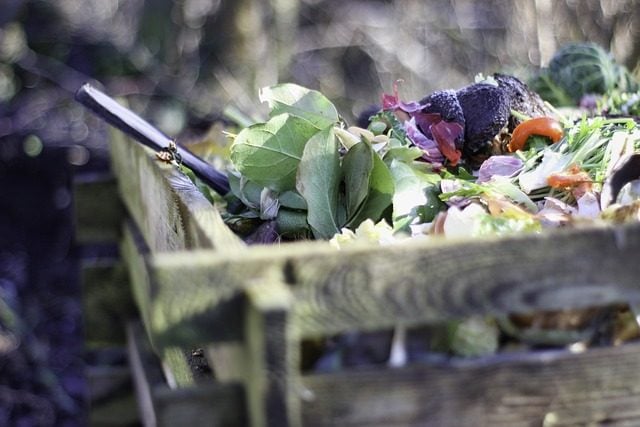
Troubleshooting Composting Issues
Composting can be tricky, and there are some common issues that you may encounter along the way. One of the most common issues is having too much material in your compost pile, which can lead to odors and attract pests. To prevent this from happening, make sure to keep your compost bin aerated by turning it over regularly and adding fresh materials as needed. Additionally, you should avoid adding meat or dairy products as these will attract animals and create an unpleasant odor.
If you’re dealing with a pest problem, try introducing predators such as frogs or lizards into your yard or sprinkling diatomaceous earth around the compost bin. You can add more brown materials, such as leaves and wood chips, to your pile to help balance the wetness and attract beneficial insects.
Proper Disposal Of Compostable Products
Now that you know how to dispose of compostable products properly, you’re ready to start! Remember to always be mindful of what types of materials you’re adding to your compost pile and make sure they have been broken down into small enough pieces for effective decomposition. Additionally, check with local authorities on any laws or regulations that may apply when disposing of compostable items in your area.
Finally, if you need extra help disposing of your compostable products in your home in Brittany Sta Rosa Laguna, don’t hesitate to contact a professional! They can provide you with additional information and advice on how to best dispose of your compost materials.
Why are Composting Products So Important?
Composting products is key to maintaining a healthy environment and reducing our collective environmental footprint. Composting helps reduce the waste sent to landfills while effectively nourishing the soil and growing plants. Here we examine why composting is so important and some of its multiple benefits.
Reducing Waste in Landfills
Composting products helps to reduce the amount of trash that otherwise would be sent to landfills. As organic material breaks down in a landfill, it produces methane gas, which has been linked to climate change and other environmental destruction. By diverting these materials away from landfills through composting, we can impact the environment.
Enhancing Soil Health
Composting products also help to improve soil health, providing essential nutrients and minerals that will nourish plants and crops. Composting products are especially beneficial for organic farming as they provide valuable nutrients without using harsh chemicals or synthetic fertilizers. This can increase the yield of crops while remaining environmentally friendly.
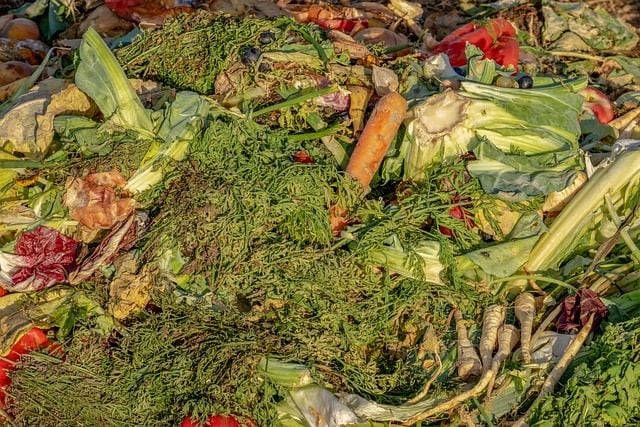
Producing Renewable Energy
Composting waste can also be used to produce renewable energy in the form of biogas, which is made from capturing methane produced by decomposing organic matter and burning it off as fuel. This renewable energy source can then be used to power various fuels such as heaters, engines and electricity generators.
Boosting Local Economies
Composting products can also be used to create jobs and boost local economies, as it requires a workforce to manage the composting facilities, collect waste and process it into fertilizer or renewable energy. This can help reduce unemployment in certain areas while simultaneously providing a positive environmental impact.
Minimizing Greenhouse Gas Emissions
Finally, composting helps reduce carbon dioxide emissions by diverting organic material away from landfills where it would otherwise produce methane gas, which is many times more potent than CO2 when released into the atmosphere. We can significantly reduce our collective environmental footprint by keeping these materials out of landfills and using them for fertilizers or biogas fuels instead.
Final Thoughts
Composting, whether it’s compostable plastics or something else entirely, is an important part of any sustainable lifestyle, and it has several benefits for both the environment and your wallet. With proper disposal methods, you can ensure that your compostable products end up in the right place and won’t harm our planet. So get started today and reap the rewards tomorrow!
Suggested Read: Sustainable Living Tips For An Eco-Friendly Home
Suggested Read: Serving Luxury: Lifestyle Businesses In Davao City
Suggested Read: Proposed Sustainable Cities And Communities Act
Suggested Read: Grow Healthy Plants Through Composting
Suggested Read: 10 Eco-Friendly Lifestyle Tips To Practice







